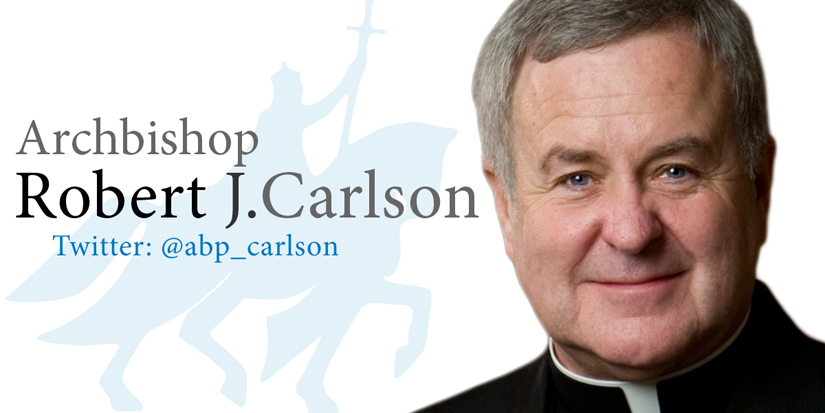
Since we celebrate Valentine’s Day this week, I want to address the popular misconception that “love is love.”
Just as a matter of human experience, imagine anyone claiming that “medicine is medicine.” You don’t have to be a pharmacist or a doctor to know: that’s simply not true. Medicines are targeted to different illnesses. They can have different effects on women and men. They’re dosed differently for adults and children. They can address physical ailments and psychological ones. The last 30 years has seen a tremendous proliferation of specific medicines for an increasing number of ailments. Thankfully, researchers were not content to say “medicine is medicine” but pressed into the details.
Similarly, imagine someone saying that “food is food.” You don’t have to be a nutritionist to know: that’s simply not true. Foods are made up of different things, so we’ve learned to count our calories, and balance our carbs, sugars and proteins. The last 30 years has seen a proliferation of specialized diets for specialized needs: gluten-free, dairy-free, vegetarian, vegan, paleo, Atkins, and so on. The details have enriched our lives.
Teachers know that different students have different needs. Chefs know that different spices have different uses. Nobody in St. Louis would claim that beer is beer, or that Catholic high school is Catholic high school. We make distinctions in every area of life. In this one area alone — love — we seem to have developed an intellectual and spiritual blindness that claims that everything is the same.
Human experience even tells us that the love of a man for a woman in marriage is not the same as the love of a woman for a man in marriage. As the bodies of men and women are different, so are their hearts and minds; their loves for each other follow suit. To claim that the love of a man for a woman, and the love of a woman for a man, and the love of a man for a man, and the love of woman for a woman are all the same is to miss crucial human distinctions, and to miss God’s design for each.
God gives each relationship its own landscape and purpose. Human experience hints at those purposes. But to realize those purposes fully it’s important that we ask explicitly: what are God’s designs for love?
Jesus loved everyone, but He loved each in a different way. His love for the apostles was not the same as His love for the crowd. His love for Peter was not the same as His love for John. His love for John was not the same as His love for Judas. His love for Mary Magdalene was not the same as His love for the Pharisees. He loved the righteous, the sinners, and the self-righteous, but each in a different way. Like Him, we have different loves in our lives. What does Jesus intend for each of our loves to be?
That’s where the richness of Catholic faith comes into play. When we look into the history of holiness, we discover a variety of relationships that exemplify God’s design for each kind of love.
This week we celebrate the feast of St. Scholastica. Her relationship with her brother St. Benedict exemplifies the relationship between man and woman as brother and sister. For a more complete development of that relationship we might look to St. Francis and St. Clare, or St. Francis de Sales and St. Jane de Chantal, who exemplified the relationship between man and woman as spiritual father and mother.
Sts. Louis and Zelie Martin, or St. Gianna Molla and her husband Pietro, exemplified the relationship between husband and wife. Sts. Basil and Gregory were spiritual brothers; Sts. Madeleine Sophie Barat and Rose Philippine Duchesne were spiritual sisters. Sts. Cyril and Methodius — whose feast day we celebrate this week — loved the Slavic people and translated the Gospel into their languages; St. Teresa of Kolkata loved the poor and translated the Gospel into deeds.
We miss out on the nuances of human experience, the nuances of faith, and the richness of God’s design, when we flatten the world by saying “love is love.” As we celebrate Valentine’s Day this week — and I think we should — I hope that we, as Catholics, can bring some intellectual and spiritual healing to the cultural misconception of love.